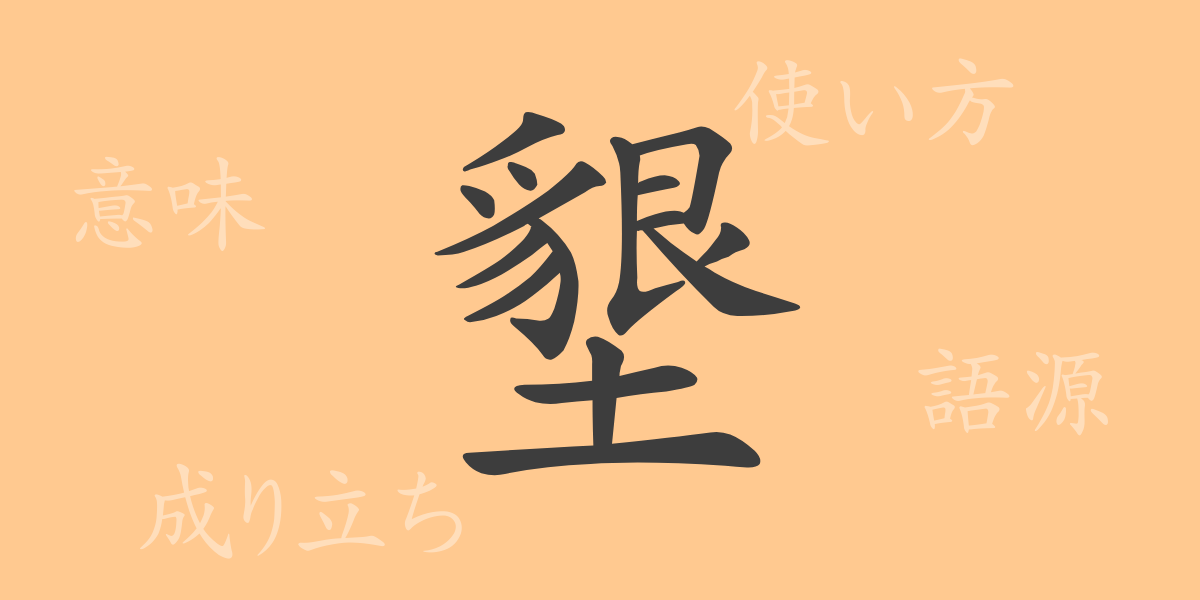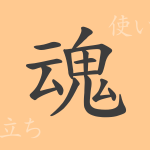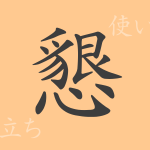In Japanese written language, numerous kanji characters are used, among which “墾(こん)” is a character that might not be frequently seen in daily life. However, this kanji has a long history closely tied to human life, especially in agriculture, revealing the profound nature of the Japanese language. This article will delve into the origins, meanings, and usage of “墾(こん)”, as well as the idioms and phrases it appears in, highlighting its allure.
Origins of 墾(こん)
The kanji “墾(こん)” can be traced back to ancient Chinese manuscripts. This character emerged from the agricultural lifestyle of communities that cleared land for cultivation. Its components include the radical for “soil” (土(つち)) and “堇(きん)”, which represents plants. Together, these elements depict the process of clearing grass and cultivating land, reflecting its etymology in its form.
Meaning and Usage of 墾(こん)
The primary meaning of “墾(こん)” is “reclamation” or “cultivation”, referring to the act of clearing wasteland to make it arable. This kanji symbolizes humanity’s effort to develop land and advance civilization, especially in the context of agriculture. It is used in words like “墾田(こんでん)” and “墾殖(こんしょく)”, describing the act and process of land reclamation.
Readings, Stroke Count, and Radical of 墾(こん)
The following are the readings and basic information about the kanji “墾(こん)”:
- Readings: The on’yomi (音読み) is “コン(kon)”, and it has no kun’yomi (訓読み).
- Stroke count: It consists of 16 strokes.
- Radical: The radical is “土(つち)”, related to soil.
Idioms, Phrases, and Proverbs Using 墾(こん)
While idioms and phrases containing “墾(こん)” are not very common in modern usage, here are a few examples:
- 墾田永年私財法(こんでんえいねんしざいほう): An ancient Chinese law that allowed reclaimed land to become private property.
- 墾殖(こんしょく): The act of reclaiming wasteland and turning it into farmland.
- 墾開(こんかい): The process of reclaiming wasteland.
These idioms and phrases emphasize the importance of land cultivation and the human endeavor to turn natural resources into usable assets.
Conclusion on 墾(こん)
Each kanji character encapsulates historical and cultural contexts in its formation. The character “墾(こん)” is no exception, symbolizing the human activity of clearing and cultivating land. Although this kanji is rarely used today, it was crucial in an era when agriculture was a fundamental part of Japanese life. By delving into a single kanji, we can touch upon the culture and history embedded in the character.

























